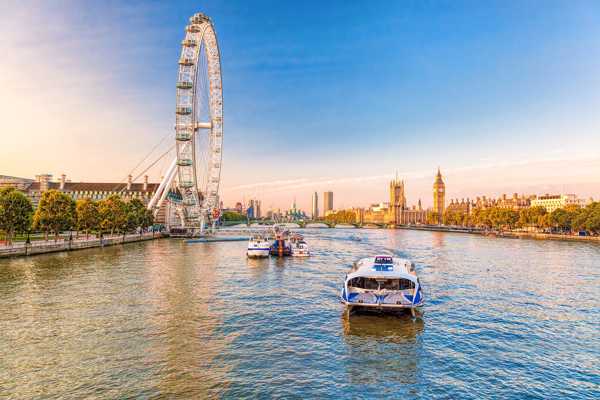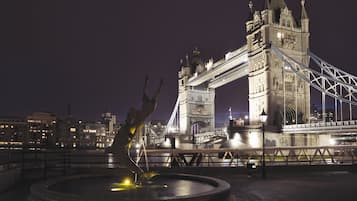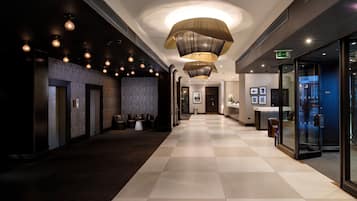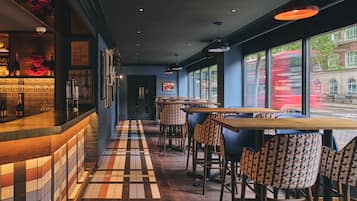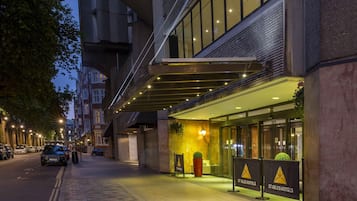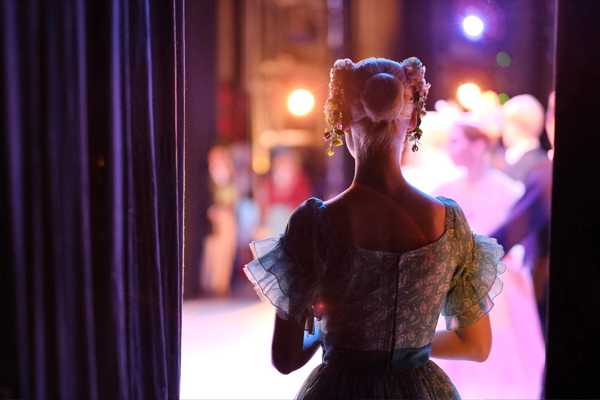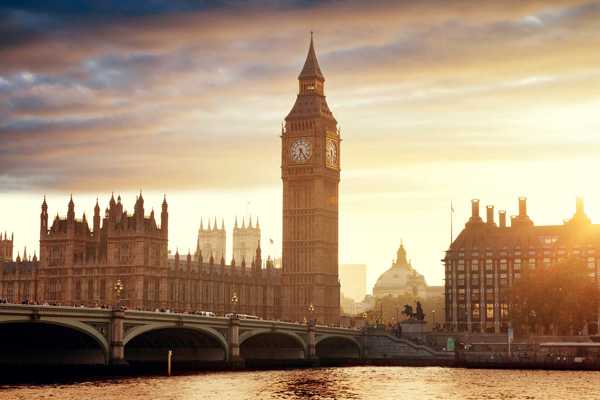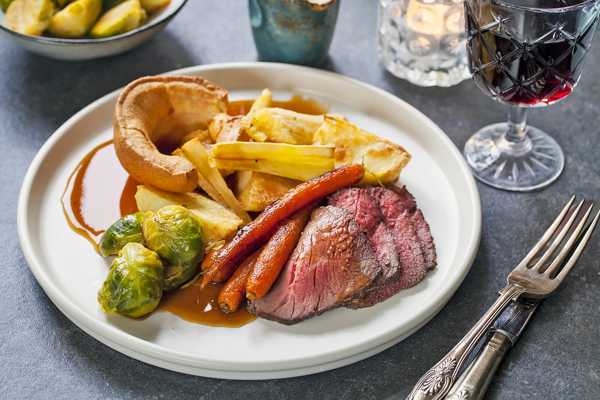If you’re exploring the sprawling metropolis of London, you’re bound to find yourself travelling through at least one of its famous main tube stations. This huge underground rail network dates back to 1863 and many of the main tube stations in London offer fascinating snapshots of the city’s history.
Whatever the reason for your visit to London, these tube stations will make short work of getting you around.
- 1
King's Cross St Pancras
Home to Platform 9 ¾

- Budget
- Families
- Photo
Located in North London, King’s Cross St Pancras is one of London’s most well-known tube stations. An interchange for 6 different underground lines, it offers rail access to places across the UK and beyond with the Eurostar travelling to many European cities. King’s Cross underwent extensive refurbishment in 2012, leading to the iconic circular concourse that the station is known for today. If you’re a Harry Potter fan, make sure you grab a photo at Platform 9 ¾ and visit the Harry Potter shop.
Built in 1852, the station’s site was originally an old village that was supposedly the location of British heroine Boudica’s final battle. Legend has it she’s even buried deep beneath one of the platforms.
Location: Euston Rd., London N1C 4QL, UK
Map - 2
London Victoria
The heart of the West End

- History
- Photo
- Shoppers
Found in the city of Westminster in the heart of the West End, London Victoria tube station is well-connected to central London and beyond, including Gatwick Airport. Originally built in the late 1800s, it has supposedly received more visits from royalty and heads of state than any other London station.
Each station on the Victoria line features a unique tilework motif relating to its name or history to help travellers identify the stop at a glance – look out for the silhouette of the young queen on a royal blue background. As it’s the second busiest station in the UK, you can expect to find all manner of shopping outlets here catering for all your travelling needs.
Location: Victoria St, London SW1E 5ND, UK
Map - 3
Liverpool Street
London’s most haunted tube station

- Budget
- History
- Unusual
Take a trip to the north-eastern corner of London and you’ll find Liverpool Street station. A popular hub for commuters with connections across the city, it also serves passengers travelling further into the UK. Whilst you’re here, take a moment to find the sculptures dedicated to the thousands of Jewish refugee children who arrived at Liverpool Street station in the late 1930s, and the sombre 1922 Great Eastern Railway Memorial.
Built on the site of Bethlem Royal Hospital in 1874, the tube station is believed to be the most haunted in the network. Keep your eyes peeled for a ghostly worker in white overalls or a screaming hospital patient looking for her prized possession.
Location: London EC2M 7QA, UK
Map - 4
Paddington
The tube station made famous by a bear called Paddington

- Budget
- Families
- Photo
Situated in Westminster, the main Paddington station was built in 1838, with the 2 underground stations added a few years later. It’s a busy station and was made famous in 1958 by Paddington Bear, a beloved children’s literature character. Don’t miss your opportunity to have a photo with his statue or to visit the world’s only Paddington Bear shop.
If you’re lucky enough to be at Paddington station on a Friday evening between Easter and Christmas, you’ll be treated to a concert by the Great Western Railway Band, who have been playing brass band music here for 100 years. You can also see a statue dedicated to the civil engineer who designed Paddington station, Isambard Kingdom Brunel, on the concourse.
Location: Tyburnia, London, UK
Map - 5
London Bridge
Where Victorian brickwork hides Roman remains

- History
- Photo
One of the world’s oldest stations, London Bridge connects commuters from south-east London to all over the capital and beyond, with direct links to Gatwick and Luton airports. It also happens to be the UK’s 4th busiest station, and with the abundance of shops, eateries and facilities, it’s easy to see why.
Added in 1900, the underground station hosts the Northern and Jubilee lines and features wonderfully preserved Victorian brickwork. The architecture isn’t the only history to be found either. Ancient Roman remains including pottery and mosaics were excavated during the Jubilee line extension in the 1990s – just think of the stories these artefacts could tell as you wait for the train to arrive.
Location: Station Approach Rd, London SE1 9SP, UK
Map - 6
Leicester Square
A gateway to arts and culture

- Budget
- History
- Unusual
Within walking distance of London’s theatre district and Chinatown, Leicester Square tube station is a gateway for travellers looking for arts and culture. After you’ve taken the time to visit the nearby entertainment hub of Leicester Square itself, hop on the Piccadilly or the Northern line to reach the rest of the capital.
At one of its exits, keen eyed travellers can spot the original oxblood red tiles and curved windows that made up the station’s original design when it opened in 1906. All 4 underground platforms also feature a quirky film sprocket design along their display areas to represent Leicester Square’s premiere cinemas.
Location: Square Station Underground Ltd, Leicester, Cranbourn St, London WC2H 0AP, UK
Map - 7
South Kensington
Subway shortcut to history

- Families
- History
- Photo
Served by the District, Circle and Piccadilly routes; South Kensington tube station features one of the shallowest lines built using the cut and cover tunnelling method – you can even see daylight from one of the platforms. At surface level you can find an Edwardian shopping arcade housing several high street favourites.
There’s history ready to be discovered amongst the underground tunnels at this station. Unused passageways stored valuable art from the Victoria and Albert Museum as well as china from Buckingham Palace during World War I, whilst a Victorian-era subway takes you directly to the surrounding museums – perfect for a rainy day.
Location: Pelham St, South Kensington, London SW7 2NB, UK
Map - 8
Oxford Circus
Classic examples of Victorian architecture

- History
- Photo
- Unusual
At the junction of shopping hotspots Regent Street and Oxford Street, you’ll find the Oxford Circus tube station with entrances on all corners of the intersection. Now operating 24-hour services on selected days and lines, it has been a thriving station since the Central route was first opened in 1900.
You can see evidence of the grand Victorian architecture in its Central London Railway and Baker Street and Waterloo Railway entrances, both of which are Grade II listed buildings, so make sure you pause to take a photo. Don’t forget to peek at the seating alcoves on the Victoria line – the iconic motifs represent the intersection.
Location: Oxford St, London W1B 3AG, UK
Map - 9
Green Park
Transport to an urban green space

- Budget
- Photo
It’s hard to envision a bustling tube station beside lush gardens, but Green Park tube station is just that. Though originally built in 1906, the station wasn’t named Green Park until almost 30 years later after the peaceful 40-acre park right on its doorstep. A key interchange between the Piccadilly, Jubilee and Victoria lines, it’s a popular stop off for those wanting to picnic in the park or to explore nearby historic properties.
After enjoying the park, take a moment to admire the fossil-inspired artwork along the side buildings of the station, created by John Maine using 150-million-year-old stone. As you head underground, you can also see wonderfully autumnal leaf designs as you reach the platform for the Jubilee Line.
Location: Green Park station, London W1J 9DZ, UK
Map - 10
Camden Town
The unusual V shaped station

- Budget
- History
- Photo
- Shoppers
Famous for its open-air street market, Camden Town is also home to a uniquely designed underground station, which opened in 1907. Bedecked with the traditional oxblood tiles of architect Leslie Green, the narrow streets meant the station was built in a ‘V’ shape, with the northbound platform directly above the southbound. Don’t get lost as you traverse the ceramic tiled passageways but definitely pause to check out the art nouveau lettering on each platform.
Camden Town tube stop was also one of 8 underground stations with a dedicated air-raid shelter used during World War 2. Though it’s now not in use, you can still see the iconic drum shaped entrances on Buck Street and Underhill Street.
Location: Underground Station Underground Ltd, Camden High St, London NW1 8NH, UK
Map

